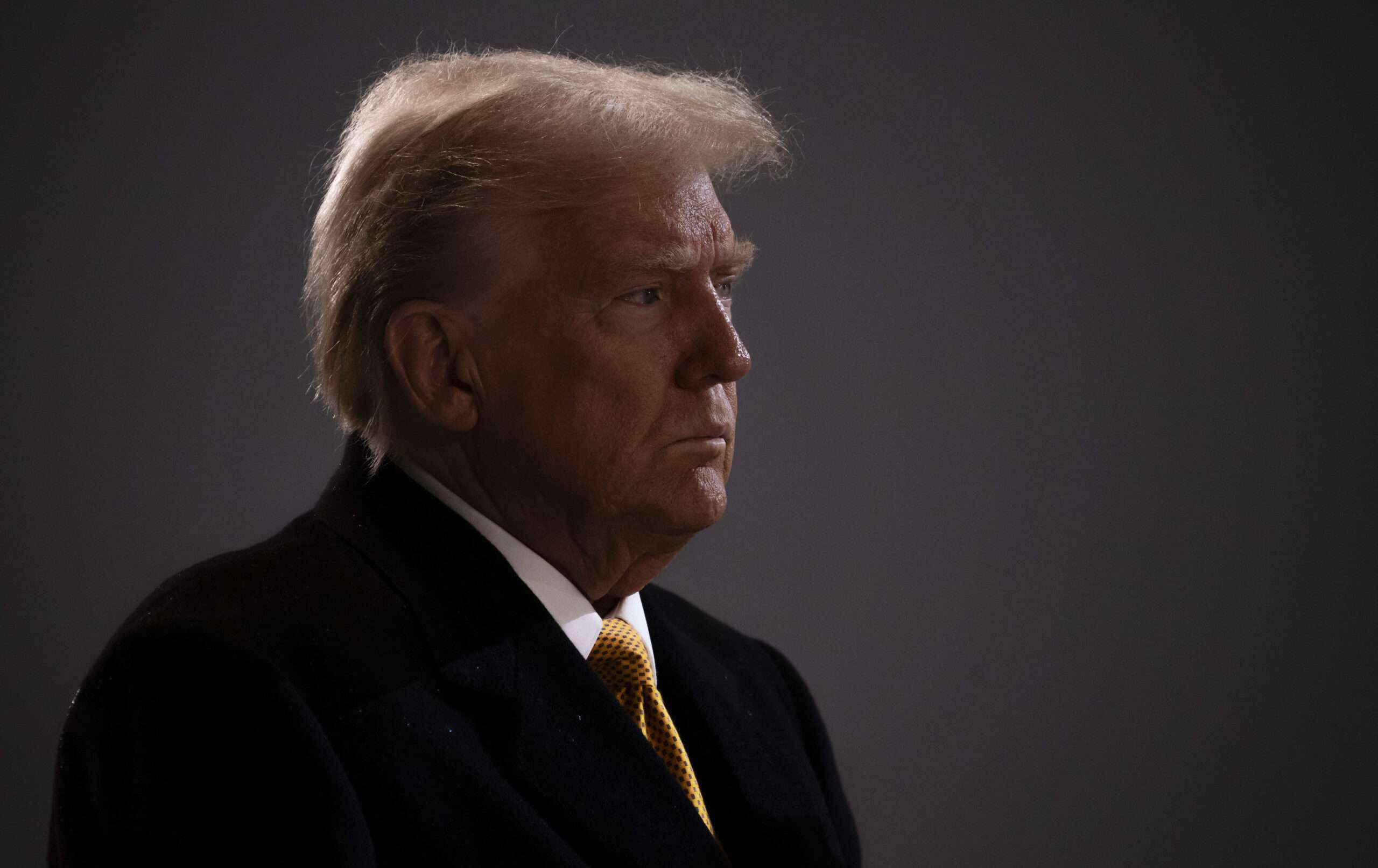Mr. Trump’s Misunderstanding of Tariff Mechanisms
Donald Trump’s fervent belief in the efficacy of tariffs, which he describes as “beautiful,” stems from a fundamental misunderstanding of international trade. He views trade as a zero-sum game where countries either win or lose, and he believes the U.S. is consistently on the losing side due to unfair practices by other nations. This misconception is evident in his characterization of trade deficits with countries like Canada and Mexico as “subsidies,” falsely claiming that the U.S. is effectively paying these countries billions of dollars annually. In reality, trade deficits simply reflect the difference between imports and exports, representing goods and services Americans willingly purchase, receiving value in return. Trump’s aim to eliminate these deficits through tariffs reveals a flawed understanding of basic economics.
Trump’s insistence that tariffs do not raise prices for American consumers further underscores his flawed logic. He has repeatedly asserted that the cost of tariffs on Chinese goods, for instance, is borne by China, not by American businesses or consumers. This contradicts the basic principle of tariffs as taxes levied on imported goods. While theoretically, exporters or importers could absorb some of the tariff cost, numerous studies demonstrate that the burden falls primarily on American consumers and businesses that rely on imported intermediate goods. These increased costs translate into higher prices for finished products, effectively acting as a hidden tax. Trump’s disregard for this well-established economic reality reveals a deep disconnect between his pronouncements and the actual consequences of his proposed policies.
The economic consequences of Trump’s previous tariff implementations are readily apparent. Studies by organizations like the Federal Reserve Bank of New York and the Tax Foundation indicate that the tariffs imposed during his first term, which have largely been maintained by the Biden administration, have cost American consumers and businesses nearly $80 billion annually. This equates to one of the largest tax increases in recent decades, negatively impacting output, income, and consumer choice. Furthermore, retaliatory tariffs imposed by other countries in response to Trump’s actions have exacerbated the negative economic impact, highlighting the self-destructive nature of trade wars. Despite this clear evidence, Trump remains steadfast in his denial, claiming that the tariffs “cost Americans nothing” and even “made this country money,” further showcasing his disconnect from economic realities.
Trump’s proposed tariffs for a potential second term paint an even more alarming economic picture. He has advocated for a universal baseline tariff of 10-20% on all imported goods, a staggering 60% (or more) tariff on Chinese goods, an additional 10% tariff on top of that, and a 25% tariff on goods from Canada and Mexico. This last tariff, aimed at curbing the flow of drugs and illegal immigration, is intended to remain in effect indefinitely, demonstrating a blatant disregard for the interconnectedness of North American economies and the detrimental impact on cross-border supply chains. The proposed tariffs on Canadian and Mexican goods would significantly disrupt industries reliant on these imports, leading to higher prices for everyday necessities like food, clothing, and automobiles.
The cumulative effect of these proposed tariffs would be a massive tax increase on American consumers and businesses. The Tax Foundation estimates that these tariffs would amount to a $1.2 trillion tax hike over the next decade. This significant increase in the cost of imported goods would ripple throughout the economy, reducing consumer spending, hindering business investment, and ultimately shrinking GDP by an estimated 0.4%. Furthermore, the tariffs are projected to lead to a substantial loss of jobs, estimated at 344,900. These figures underscore the severe economic consequences of Trump’s protectionist trade policies, highlighting the potential for widespread damage to the American economy.
The disconnect between Trump’s claims about the benefits of tariffs and the well-established economic realities of their impact is deeply concerning. His unwavering belief that tariffs will “make us rich” despite overwhelming evidence to the contrary suggests a fundamental misunderstanding of, or a willful disregard for, the principles of international trade and economics. The prospect of another term with such misguided trade policies poses a significant threat to the long-term health and prosperity of the American economy. It remains to be seen whether his rhetoric reflects actual policy intentions, but the potential consequences warrant serious consideration and scrutiny. The hope is that, as is sometimes the case with Trump’s pronouncements, his words do not translate into concrete action, and a more reasoned approach to trade policy prevails.
Share this content:












Post Comment